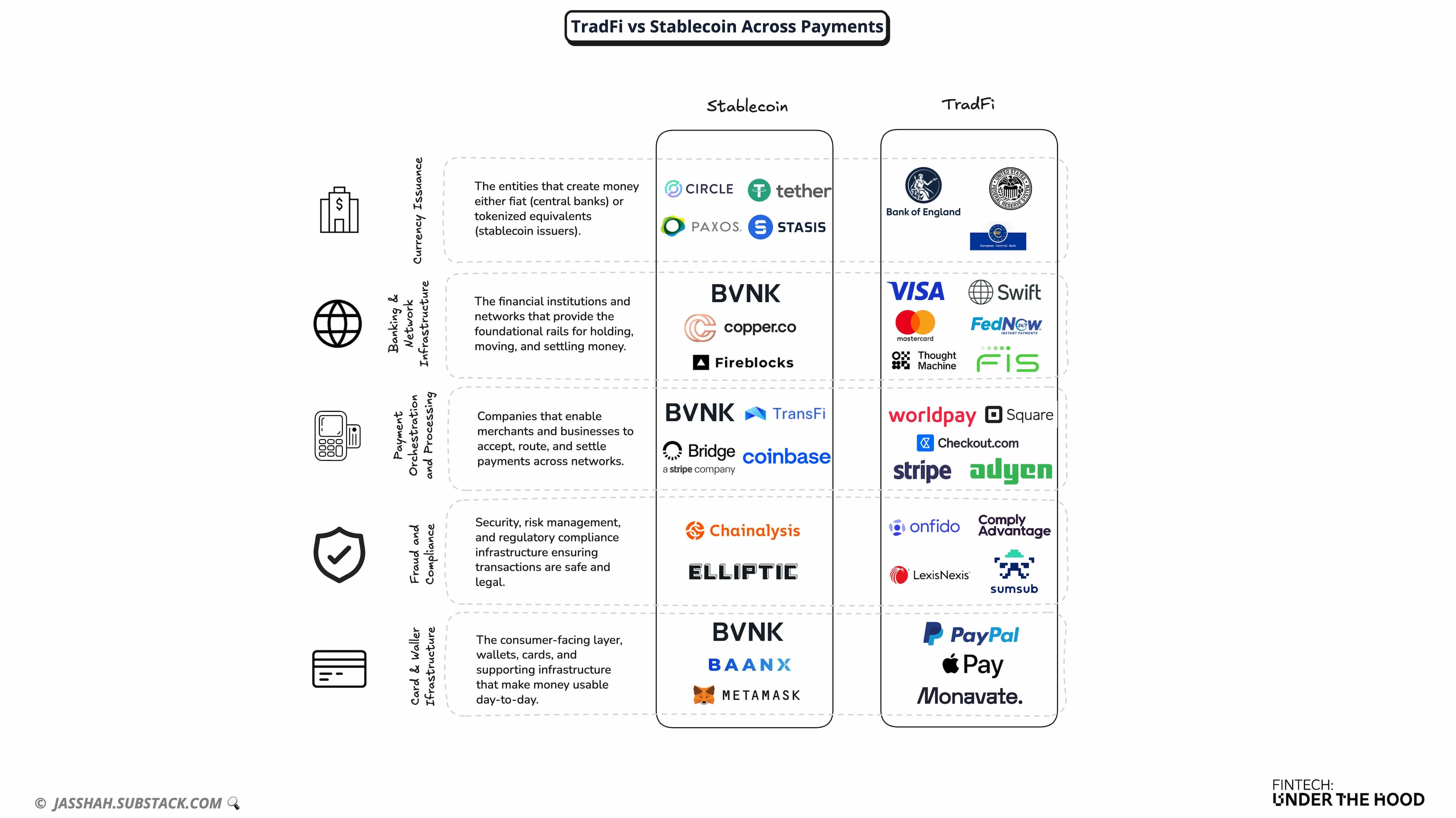Dollar Stablecoins' 99% Dominance Raises ECB Alarm, Threatening Euro Monetary Policy

Frankfurt – European Central Bank (ECB) officials are expressing significant apprehension over the booming market capitalization of U.S. dollar-denominated stablecoins, which now represent approximately 99% of the global stablecoin market. This overwhelming dominance is feared to weaken the euro's monetary policy autonomy and potentially impact financial stability within the Eurozone.
Dutch central bank governor Olaf Sleijpen warned that if dollar stablecoins continue their rapid growth, they could become "systemically relevant," potentially forcing the ECB to "rethink monetary policy" in the event of a market run. ECB adviser Jürgen Schaaf echoed these concerns, stating that widespread use of dollar stablecoins in the euro area could weaken the ECB's control over monetary conditions, mirroring patterns seen in dollarized economies.
The rapid expansion of dollar stablecoins, particularly following the U.S. GENIUS Act under President Trump, has intensified these worries. Euro-denominated stablecoins remain marginal, with a market capitalization of less than €350 million, highlighting the significant imbalance. This disparity could lead to higher financing costs for Europe, reduced monetary policy flexibility, and increased geopolitical dependency on the U.S., according to Schaaf.
In response, European stablecoin issuers advocate for a robust euro stablecoin ecosystem as the primary solution to counteract dollarization. They argue that this approach is more effective and timely than relying solely on the proposed digital euro, which has a projected launch date around 2029 and is considered by some issuers to be too slow to address current market dynamics.
ECB Executive Board member Piero Cipollone has championed the digital euro as a crucial tool to preserve the Eurozone's monetary sovereignty and limit the influence of foreign currency stablecoins. However, industry players suggest that a thriving private euro stablecoin market could offer more immediate and adaptable alternatives to the dollar's growing digital footprint.